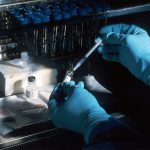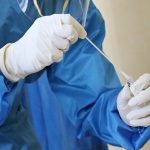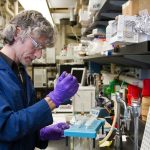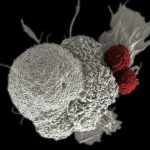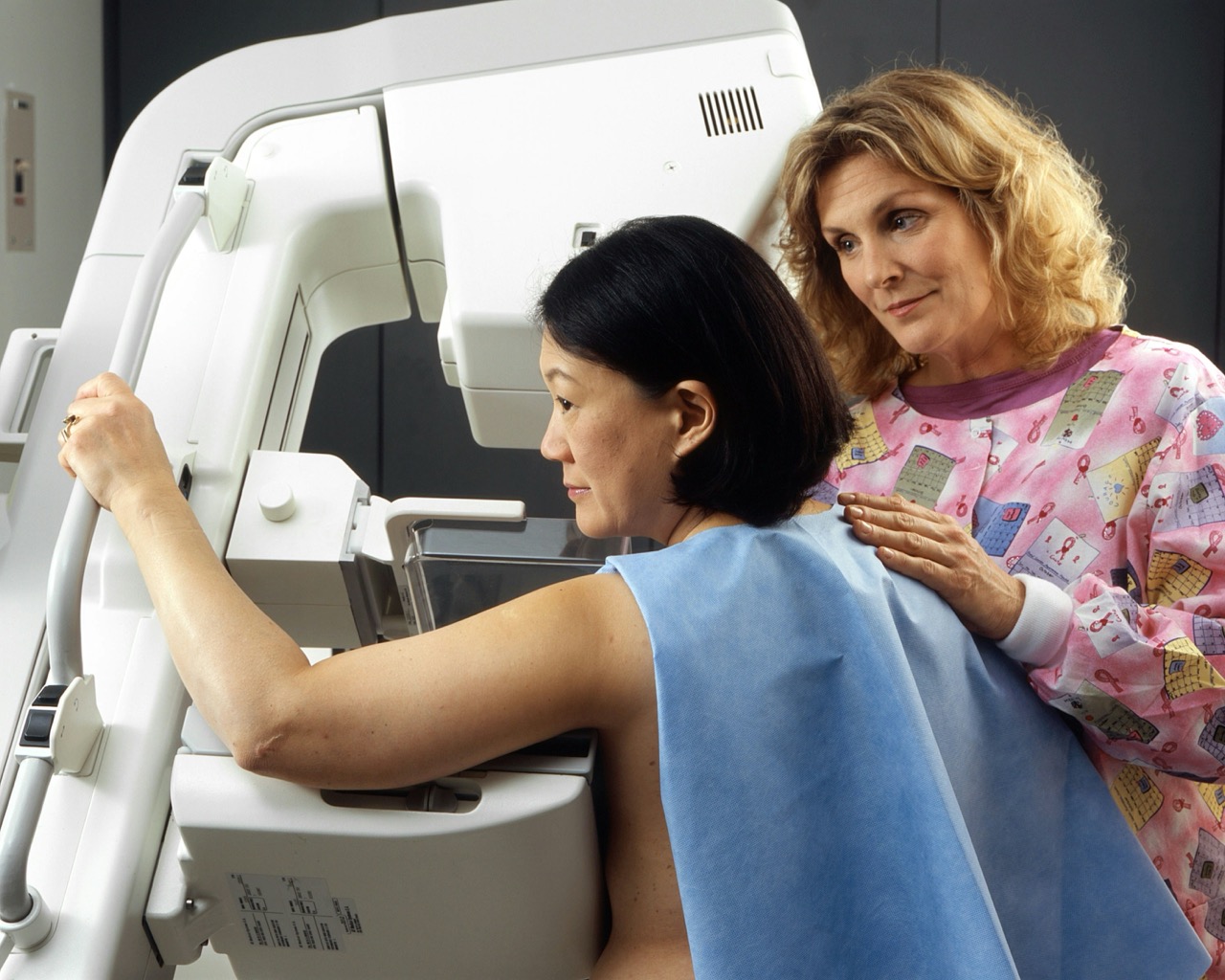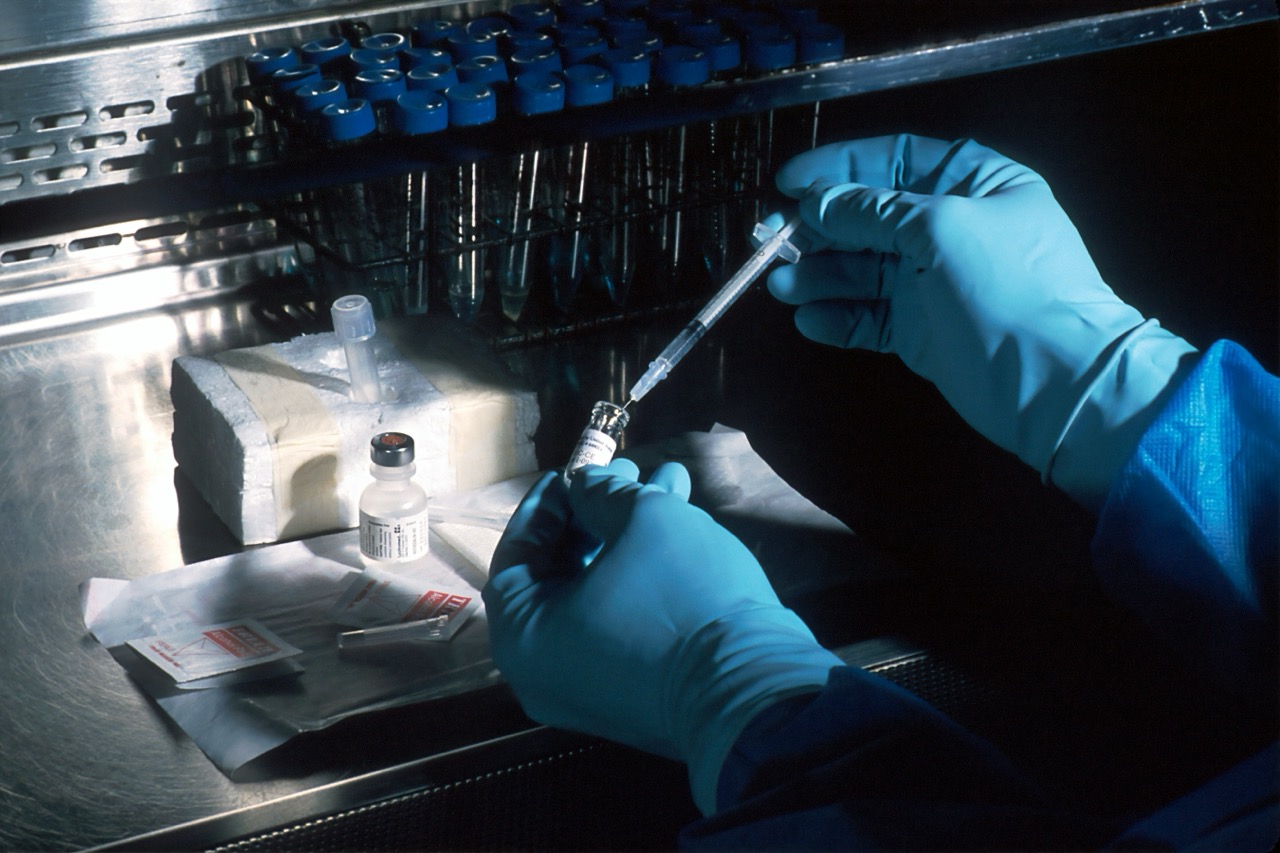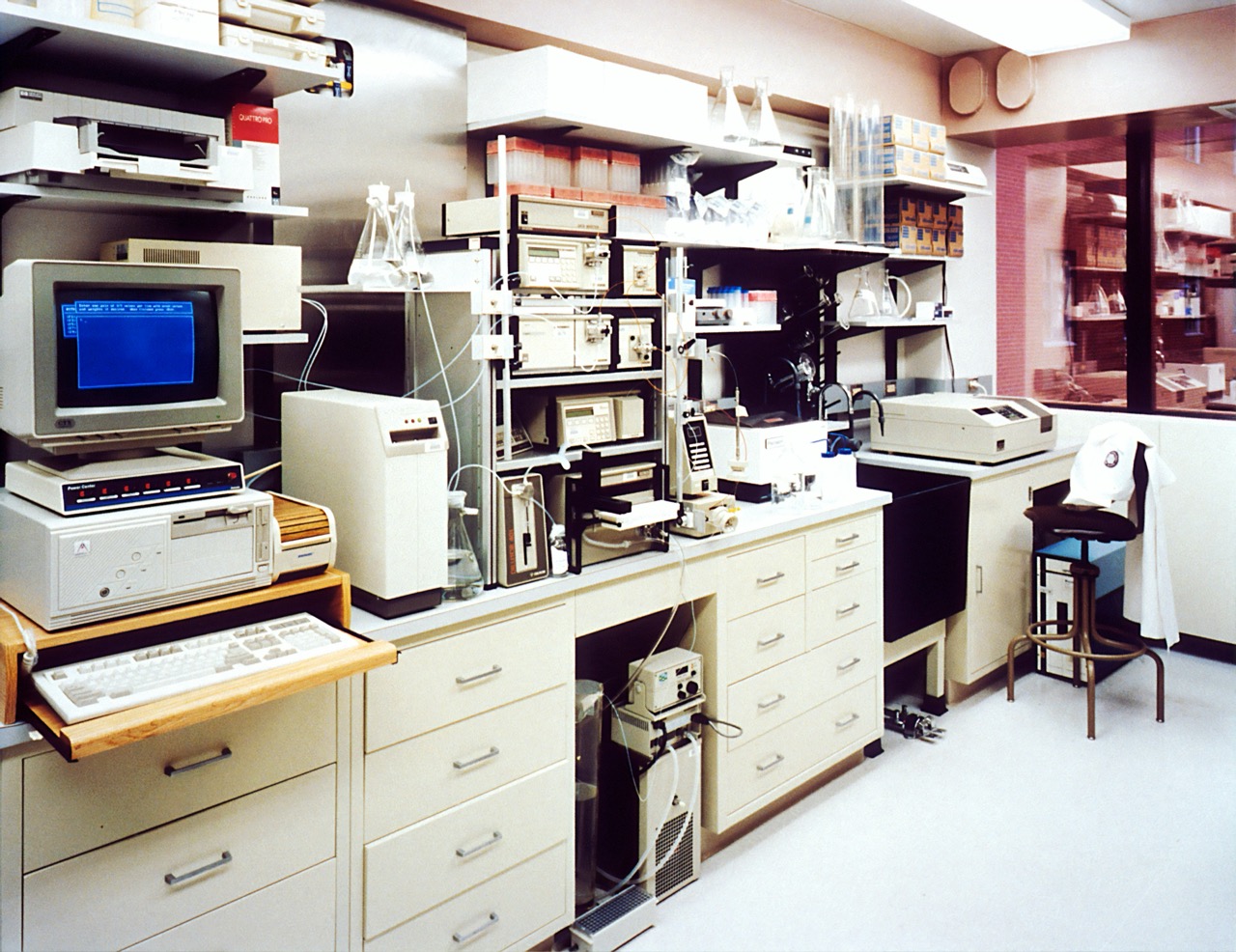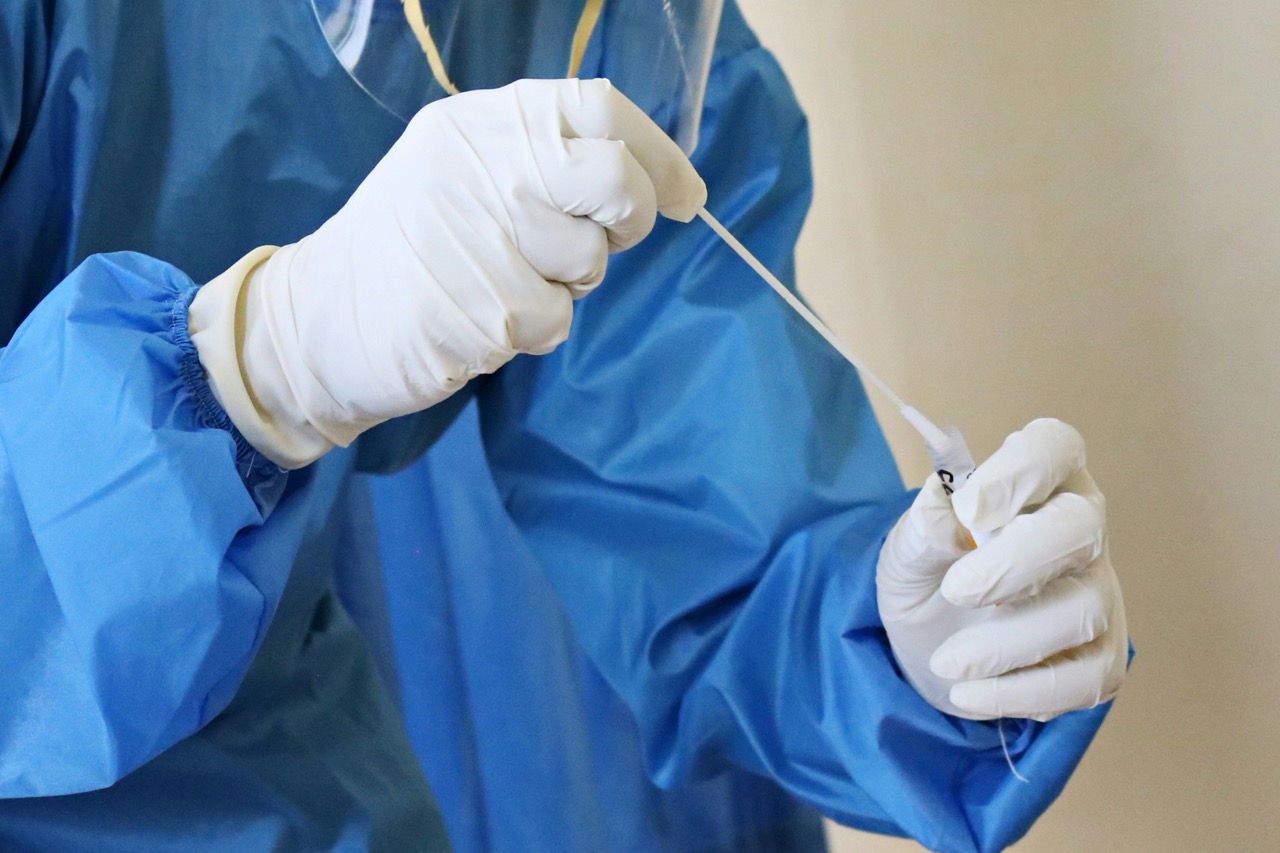Human Papillomavirus (HPV) is a group of more than 200 related viruses, of which around 40 are sexually transmitted and can infect the genital area, mouth, and throat. HPV is notorious for its role in the development of various cancers, including cervical, anal, and oropharyngeal cancers. Given its prevalence and potential health consequences, a pressing question arises: can we build immunity to HPV? Understanding the interaction between HPV and the immune system is crucial to answering this question, as this knowledge can lead to more effective prevention and treatment strategies.
Understanding HPV and Its Impact on Immune Function
HPV infects the epithelial cells of the skin and mucous membranes, where it can evade the host’s immune response. The virus has developed mechanisms to persist in the body, including downregulating the host’s immune signaling pathways. This evasion complicates the body’s ability to clear the virus naturally. In many cases, HPV infections are transient and are cleared by a healthy immune system without causing any symptoms or health issues. Nevertheless, persistent infections can lead to cellular changes and, ultimately, malignant transformations.
The immune response to HPV involves both innate and adaptive immunity. The innate immune system provides the first line of defense against infections, while the adaptive immune system is crucial for long-term immunity and memory. However, HPV’s ability to integrate its genetic material into the host’s genome can hinder the immune system’s recognition of infected cells, contributing to the virus’s persistence. Understanding these dynamics is vital in assessing the possibility of developing immunity against HPV.
Moreover, the immune response varies among individuals due to genetic, environmental, and behavioral factors. Some people may naturally clear HPV infections more effectively than others, suggesting that individual immune profiles play a critical role in determining susceptibility to HPV and its associated diseases. Building immunity to HPV may thus depend not only on the virus itself but also on the host’s immune characteristics.
Mechanisms of Immunity: Can We Build Resistance to HPV?
Building resistance to HPV involves training the immune system to recognize and respond effectively to the virus. Research indicates that a robust immune response can lead to the clearance of HPV and the establishment of immunity. However, the mechanisms through which this immunity develops remain complex. For instance, certain strains of HPV have been shown to elicit stronger immune responses than others, which can influence the likelihood of developing immunity.
T cells, particularly CD4+ helper and CD8+ cytotoxic T cells, play a pivotal role in the immune response against HPV. These cells can recognize and eliminate infected cells, contributing to the overall clearance of the virus. The presence of HPV-specific antibodies also indicates that the immune system can mount a response against the virus. However, the longevity of this immune response varies; while some individuals may maintain immunity, others may experience waning immunity over time, increasing the risk of reinfection.
Research into the mechanisms of immunity against HPV is ongoing, with scientists actively exploring how the immune response can be enhanced. Factors such as co-infections, nutritional status, and overall health can influence the immune system’s ability to respond to HPV effectively. Therefore, building resistance to HPV may not only depend on the virus itself but also on optimizing the host’s immune function through lifestyle and health interventions.
Vaccination and Its Role in HPV Immunity Development
Vaccination has emerged as one of the most effective strategies for building immunity to HPV. The HPV vaccines, such as Gardasil and Cervarix, are designed to stimulate the immune system to recognize and respond to specific HPV strains that are most associated with cervical cancer and other HPV-related diseases. These vaccines work by introducing harmless virus-like particles that mimic HPV, prompting the body to generate an immune response without causing disease.
The impact of HPV vaccination on community immunity has been significant. Studies have shown a marked reduction in the prevalence of vaccine-targeted HPV types among vaccinated populations, as well as a decline in cervical pre-cancerous lesions. Vaccination not only protects the individual but also contributes to herd immunity, reducing the overall transmission of HPV within communities. This collective reduction in HPV prevalence can lead to decreased incidence of HPV-related cancers over time.
Despite the proven efficacy of HPV vaccines, there is still a need for broader vaccination coverage and awareness. Barriers such as misinformation, access to healthcare, and cultural attitudes toward vaccination can hinder efforts to increase uptake. As researchers continue to study the long-term effects of vaccination on immunity, it is essential to promote vaccination as a key strategy in the fight against HPV and its associated diseases.
Current Research Insights on HPV Immunity and Protection
Recent studies have provided valuable insights into the complex interplay between HPV and the immune system. Research has indicated that while natural immunity may develop in some individuals, it is often insufficient to provide long-lasting protection against persistent infections. Ongoing investigations are focusing on the long-term effects of both natural infection and vaccination on immune memory, with an aim to understand how to bolster immunity to HPV effectively.
Another promising area of research involves the potential development of therapeutic vaccines that target existing HPV infections. Unlike preventive vaccines, therapeutic vaccines aim to stimulate an immune response against cells already infected with HPV, potentially leading to the clearance of the virus and the associated dysplastic changes. Early-stage clinical trials are underway to assess the safety and efficacy of these therapeutic approaches, which could provide a new avenue for combating HPV-related diseases.
Furthermore, innovations in immunotherapy may offer complementary strategies to enhance HPV immunity. Approaches such as checkpoint inhibitors and adoptive cell transfer are being explored as ways to boost the immune response against HPV-associated malignancies. As research continues to advance, a more comprehensive understanding of HPV immunity will likely lead to improved prevention and treatment strategies, offering hope for better outcomes against HPV-related health issues.
In conclusion, while building immunity to HPV is a complex process influenced by various factors, significant strides have been made in understanding this relationship. Vaccination remains a cornerstone of HPV prevention, and ongoing research is shedding light on the intricacies of the immune response to HPV. As we continue to explore new therapeutic options and enhance our understanding of immunity, there is hope for more effective strategies to combat HPV and its associated health risks. Public health initiatives aimed at increasing vaccination rates and promoting awareness will be crucial in the fight against this pervasive virus.
